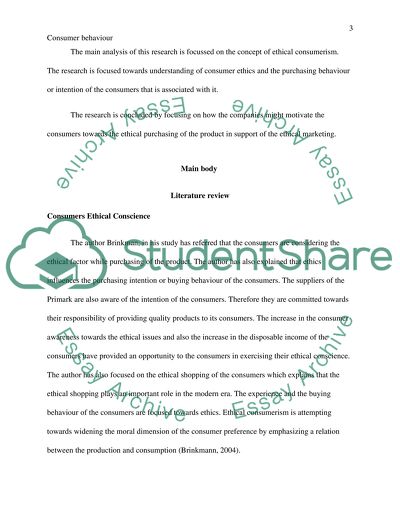Cite this document
(“Consumer behaviour Essay Example | Topics and Well Written Essays - 1750 words - 2”, n.d.)
Retrieved from https://studentshare.org/marketing/1691996-consumer-behaviour
Retrieved from https://studentshare.org/marketing/1691996-consumer-behaviour
(Consumer Behaviour Essay Example | Topics and Well Written Essays - 1750 Words - 2)
https://studentshare.org/marketing/1691996-consumer-behaviour.
https://studentshare.org/marketing/1691996-consumer-behaviour.
“Consumer Behaviour Essay Example | Topics and Well Written Essays - 1750 Words - 2”, n.d. https://studentshare.org/marketing/1691996-consumer-behaviour.


